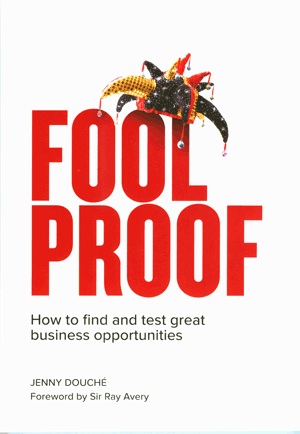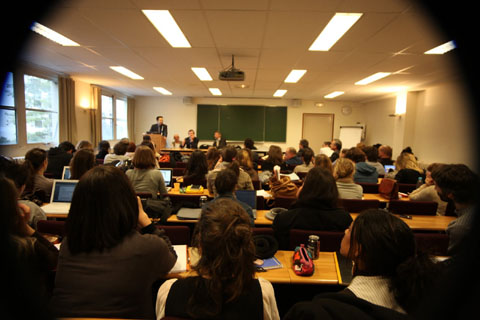
Wordpress, with its automatic deactivation of Jetpack after each update, messed up, so I have no metrics for the last two months of this blog. Nor did it send me emails notifying me of your comments. It would have been useful to know how the last couple of posts went, to gauge your reaction to them on the day, rather than seeing comments now after the election. Essentially, all I have of the last two months’ stats is the above: apparently 12 people popped by yesterday. I’m pretty sure the numbers were healthier during the campaign!
In fact, Jetpack does not update automatically any more, which shows what a faulty product it is. I’d prefer to see WordPress get back to offering statistics separately, since it’s clear that the plug-in does not do what its makers claim.
So I apologize to the two commenters who gave me feedback on the Kapiti Airport idea and the flyover. It’s true that if blogging were a more important platform for the campaign, I’d have noticed the foul-up with Jetpack, so I take some responsibility—and maybe it is naïve to think that software works out of the box. It very rarely does. Take it from a guy who spent three days post-campaign reinstalling software.
To David, I am talking about a long-term plan, for something to happen mid-century. However, your idea of going even further north has merit. If we regionalize, a major international airport located there could service Taranaki, Manawatu, Hawke’s Bay and the Wairarapa as well as Wellington.
To Leon, sorry I didn’t get your vote, but this might explain my opposition to the flyover.
There are a few issues here at play. First, it’s not a single flyover, but two. The first might cost in the $100 million region, and the second, I guess, will be about the same.
As you and I know, whether it’s funded by rates or taxes doesn’t make that much difference to everyday Wellingtonians: we’re still paying for it.
The time saving gained is minimal because, eventually, the flyovers will be choked with traffic. The bottlenecks will remain exactly where they are: the Mt Vic Tunnel and Tory Street.
Now, if there was a plan that cost under $10 million for the immediate area and delivered the same traffic flow improvement, then it’s worth looking at. The good news is that there is: Richard Reid’s proposal, the one that seems to get no traction in the media, yet it’s elegant, and it works.
Richard’s had a lot of expertise looking at these solutions and if Wellington indeed favours innovation—though the council’s decision to abolish the ICT portfolio is a retrograde step that signals the opposite—then we need to be hearing from him.
When you think about the entire project as central government has envisaged it—two Mt Vic Tunnels (though I am beginning to see the merit of this part at least), two flyovers, and even more changes at the Terrace Tunnel end—we’re looking at $500 million.
I’m just not convinced it will get us bang for the buck, especially if we ratepayers haven’t been told what the options are. All we tend to get, especially in the mainstream media, is “one flyover or no flyover”. If those were the sole choices—and they’re not—then I can see why you’d feel I might be letting the side down, especially since (I’m guessing) we both get stuck in traffic jams around the Basin Reserve on a regular basis.
I’m deeply thankful for those who voted for me—18 per cent once the preferences were distributed is an improvement, as were 10,000 votes (or least a whisker shy of the number). We ran a grass roots’ campaign that was dismissed by some media, but we showed that Wellingtonians can think for ourselves and that we have a voice. We should create conditions in which our best private enterprise can do its thing, and not, as some of my opponents were so keen to do, go cap-in-hand to central government, thereby going against global trends by centralizing more power with national politicians. This city still needs a rebrand to overcome a tired one. On the campaign team, we have a desire to continue the points in my manifesto: it shouldn’t matter who is mayor. We should still try to identify the high-growth firms, promote innovation in our capital, and act on as many of the points as possible. Wellington is looking at a game-changing decade and we should grasp the opportunity.





Ah, this explains things: I was still waiting to hear from you on my comment in “Campaign update: videos three to five”.
Besides privatization of hard liquor, the state of Washington is also having to make a lot of adjustments as the recreational use of marijuana has been decriminalized at the state level. Only Colorado has a similar law, and federal prohibition remains in effect.
Also, as a friend has been coaxing me to consider self-hosted WordPress, I shall have to remember your experience with Jetpack– if we, or I, can ever manage to get to it.